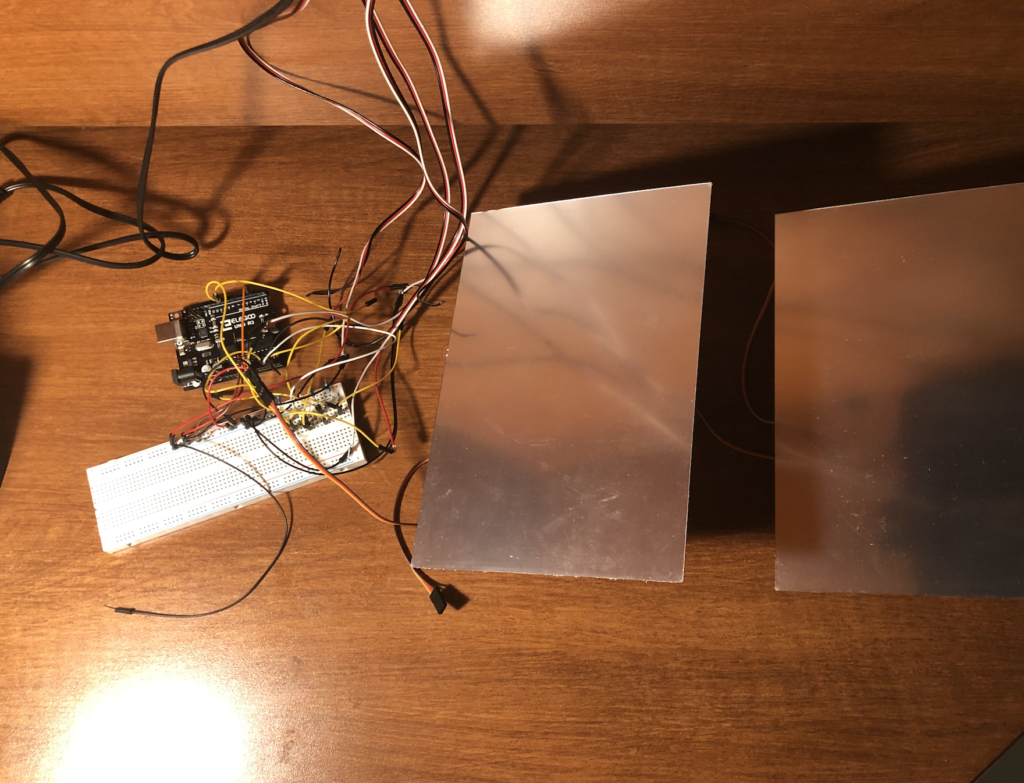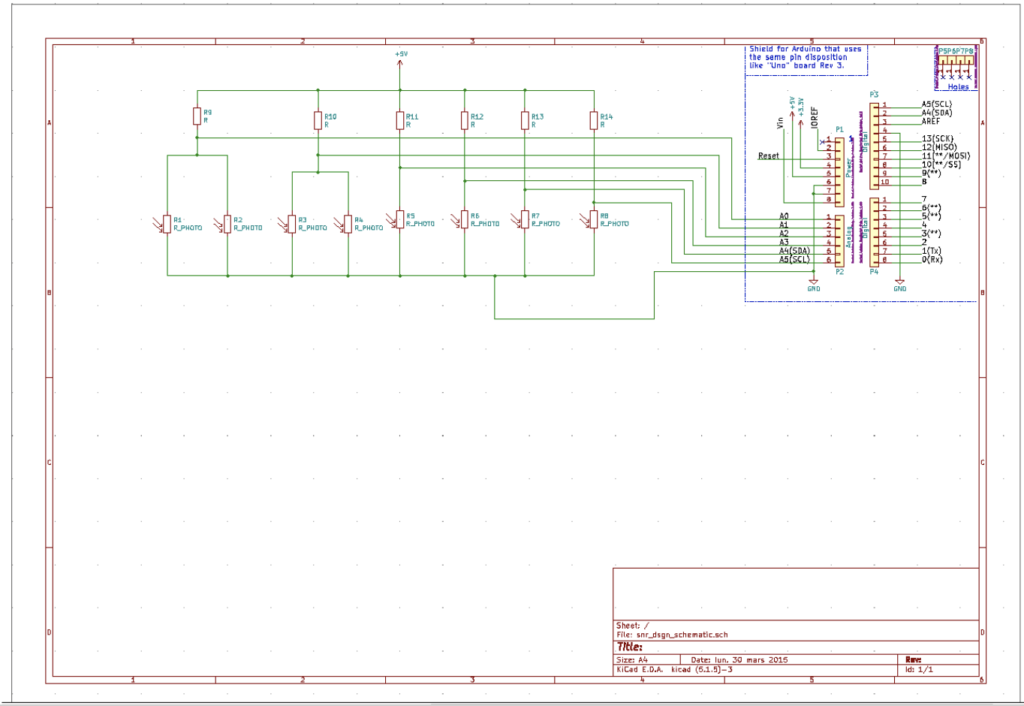Team Members
Shingirai Dhoro
Lusine Keshishyan
Supervisors
Professor Jack Mottley, Professor Dan Phinney
Customer
Intended customer would be low-income people in developing countries where the weather is favorable for Solar Panel systems (Sunny & Hot climates).
Description
Our project was to implement a system of light reflectors that autonomously track the sun’s position and focus the light on a solar panel to maximize the incident light intensity and hence more power capture. The system was to be significantly cheap compared to buying multiple solar panels and capture more than double the solar power than using an ordinary solar panel.
Implementation
For the hardware, we chose using an Arduino Uno, and Pan-tilt sensor positioners that use SG90 micro-servos to rotate in the desired direction. For reflectors, we chose simple, lightweight mirrors to minimize the power needed to rotate them as they track the position of highest sun intensity. We created a couple of light sensors using GM5539 photoresistors and their data as input in the feedback loop of out control system. The program to do the actual tracking was programmed on Arduino. The system worked as expected and we were able to have net of about 1.7x more power capture compared to just using a solar panel. The cost of the equipment was substantially low compared to buying a new solar panel which is in line with our goal of making this technology accessible to people who are not financially privileged.


